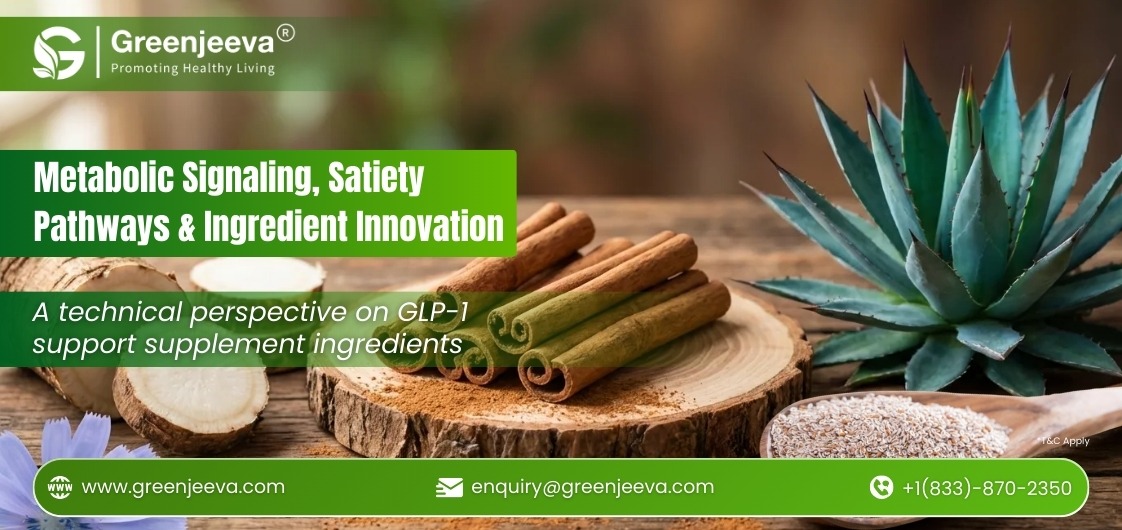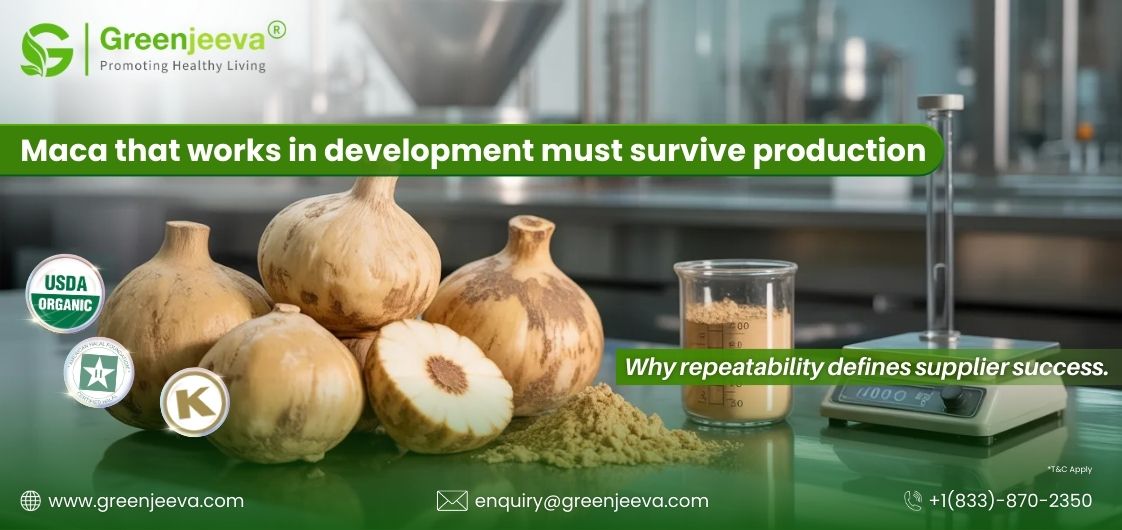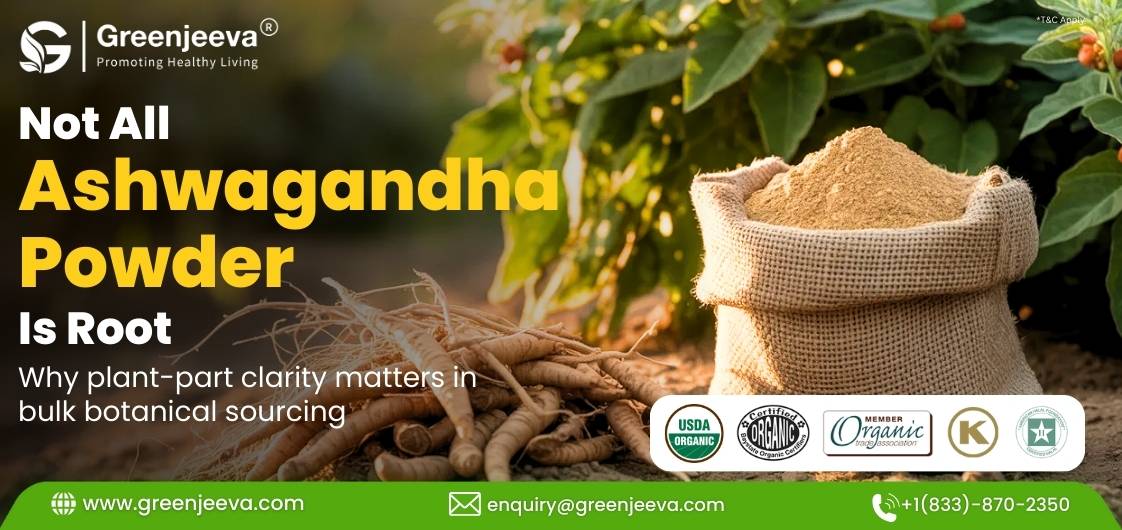Marjoram – Nutrition Profile, Uses, and More

What is Marjoram?
Belonging to the mint family, marjoram is a popular herb. It is also known by other common names like knotted marjoram, pot marjoram, wild oregano, sweet marjoram, and garden marjoram. Although marjoram is closely related to oregano, yet both the herbs are different. Marjoram carries a sweeter and lighter taste than commercial oregano. Native to Cyprus, it is also found in Asia, Europe, America, and Africa.
The perennial, cold-sensitive and aromatic marjoram generally grows up to a height of around 60 to 75 cm. It grows on footpaths, rocky places, field margins, and dry slopes. However, it generally requires well-drained, dry fertile loamy soil for its proper growth. Marjoram plants have straight, hairy stems with smooth, grey coloured leaves. The plant features tiny, white to pink colour flowers.
So, what is marjoram used for? Well, both dried and fresh marjoram are frequently used in many Mediterranean and Greek recipes. The herb is used extensively for seasoning stews, soups, salads, roasts, and sauces. Traditionally, this herb has been used for making many Austrian medicines.
Nutrition Profile of Marjoram
Marjoram is an excellent source of antioxidants, including tannins, luteolin, and apigenin. It is also rich in important vitamins, including vitamin A, vitamin C, and vitamin K. It also a good content of calcium, copper, and manganese. Marjoram is also packed with a high content of iron.
Interesting Fun Facts About Marjoram
- Traditionally, marjoram was believed to keep away evil spirits.
- Marjoram is one of the most popular culinary herbs in the world.
- It is also used widely as an ornamental plant.
- Ancient Greeks consumed marjoram tea and believed doing so can bring happiness and good luck.
- Marjoram is also used for enhancing flavour of vegetables like potatoes, cucumbers, and tomatoes.
- Marjoram leaves contain volatile oils and carry a mild sweet taste. Hence, it is used for flavouring meats, like beef, lamb, and chicken.
- Marjoram plant requires regular watering and protection against both low and high temperatures.
- Marjoram is known to attract insects like ladybugs and bees. Hence, it is planted near other crops to repel unfriendly flies.
Industrial Uses of Marjoram
- The roots, leaves, and flowers of marjoram are used for making medicines and supplements.
- Marjoram leaves are also used to make tea, which has many potential health benefits.
- Marjoram is used as a spice to flavour a plethora of food and beverages. It is also used as an essence to add flavour to many kinds of desserts including ice creams, tarts, pies, and custards.
- Marjoram leaves are processed to extract oil. Marjoram oil is used for aromatherapy and to add fragrance in many cosmetic products, including soaps, shampoos, and face washes. Marjoram essential oil is also used in the manufacture of deodorants, mouth washes, and perfumes.
Where to Buy Marjoram Powder From?
The industrial uses of marjoram spice are limitless. From health food and beverages to pharmaceuticals, marjoram has taken up its space in almost all industries. If you are looking forward to ordering Organic Marjoram Powder in bulk quantities, visit greenjeeva.com today and place your order at the most competitive rates!
Disclaimer:
The above statements are not intended to cure any disease or comply with any health benefits. This is solely for information purposes. Please consult your doctor/health practitioner before consumption of the product. Although we take efforts to keep our website informative, we do not guarantee any medical benefits.


.jpg)



